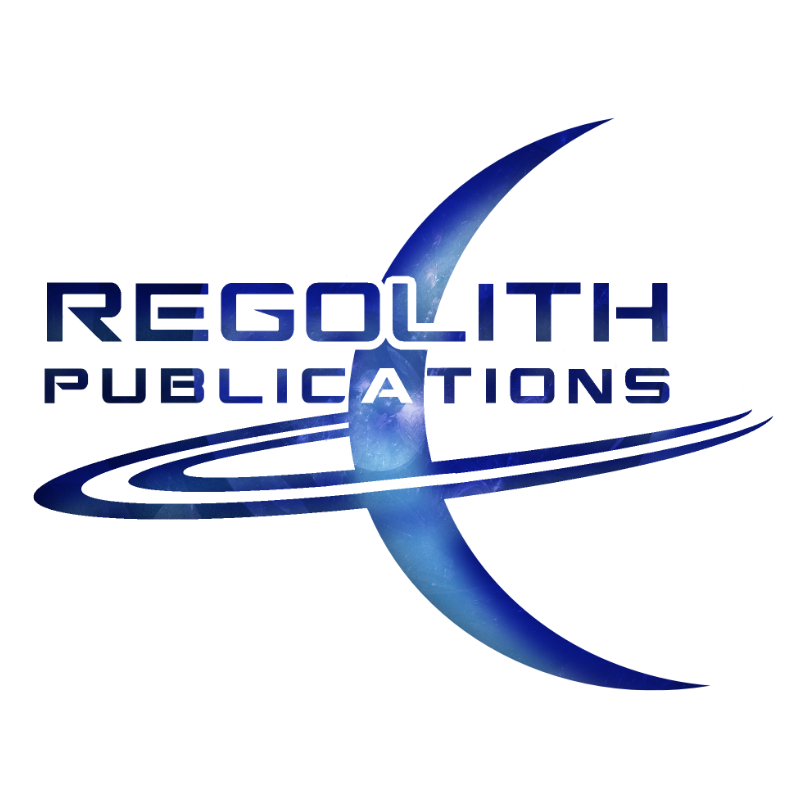|
Did you know that just as many women read the zombie apocalypse genre as men? Well, they do.
Did you know that male characters dominate the zombie apocalypse genre? Well, you do if you’re a fan who reads zombie apocalypse books. I was recently prompted to write about why I like to write about strong women characters.
Briefly, before I get into the answer, allow me to summarize my main characters for those who haven’t read my books in the BITTEN series.
Of course, I have male characters as well. The books revolve around an ensemble cast. But the story, for the most part, is told through the eyes of Rachael, Alyssa, Jennifer, and Saeko. So why make the females the main leads? Why have them carry the story? Why tell it from their points of view? What as a male author compels me to write women? The first thing I should relay is that I am somewhat of a feminist. I am all for women’s rights, equality, and fair treatment. In other words, I strongly believe that women should be allowed all the same rights and opportunities as men and shouldn’t be treated lesser as people simply because of their sex. Sexism is ugly, ignorant and antithetical to creating a just and prosperous society. In every society in the world that denies or restricts a woman’s basic rights and puts her under the yoke of male dominion by elevating the men to a superior status and demoting women to an inferior one, that society has *not grown more peaceful and prosperous. Instead, such societies often resemble the barbaric, unlawful, iniquitous, and wicked worlds the post apocalypse is often set in. These are not societies I would care to raise my daughter in. They are not societies I would care to raise my son in. Because the only value they teach is how to judge women as inferior to men, and this kind of sexist thinking I detest. So what does this all have to do with women characters in zombie literature, you might wonder? Well, let me ask you something: Do you think the world of zombie fiction, whether it is film or books, has given women fair treatment? Because I sure don’t. That doesn’t mean it’s all sexist (although some of it certainly seems to be). But it means that women, at least where the post apocalypse is concerned, aren’t viewed as well suited as the men to be fighters, survivors, and ass-kickers. They are viewed as in need of saving (the stereotypical damsel in distress), or they are only along for the ride so she can become the romance interest (the stereotypical love interest there only to fulfill the desires of the man or else her one-dimensional desires to be with the man), or she’s there to live up to the standard of the male hero by becoming the equally “strong female” hero, thereby simply filling the role we traditionally assign to the stereotypical masculine hero figure. Of course, there are always exceptions to the norm, such as Robert Kirkman’s The Walking Dead which does a pretty good job at having realistic, three dimensional women characters. Especially the television series – of which Carol is my favorite. No surprises there. They do seem to have a problem with black male leads though. As the High Lander would say… there can only be one. At least, one at a time. It’s so bad, in fact, that you’d swear it has to be an ongoing in-joke between the writers and the producers. But I digress. And it’s not just the fact that many films, television, and novels in pop culture cannot seem to pass the Bechdel Test. It’s that they (surprisingly enough) so frequently fail to pass such a simple test articulates, I think, a problem with how women are viewed and portrayed in popular culture: namely that it’s not a problem with the number of women we see on screen, or the number of female characters we have in a book, or how strong she is or whether she can match the men step for step, but the problem resides in the depth of their stories and the range of their concerns as women. It is here where I feel the zombie genre and the more encompassing post-apocalyptic genre has not done women justice. Sure, there are plenty of strong female lead characters, but this is not without its share of problems too. Hear me out, because I love strong female characters. In fact, you might say I practically worship them. Have you seen my Wonder Woman shrine? Sorry, I’m getting off track. Strong female leads are great. There’s nothing wrong with more of that. But I have to say, have you ever noticed at how many strong women characters just seem to act exactly like guys, but are thinner and have big breasts? Think of Ellen Ripley in the movie Alien. She’s great. But the only other female character dies early on in the film, and then it is just Ripley and the men. Now many zombie novels do you know that are like this? I know a lot. Like virtually all of them. In my mind, if you simply give a female character all the features and roles traditionally assigned to the males, making her tough talking and kick ass, but have no other female characteristics – then I'm afraid you’ve merely written a woman into a male stereotype. She may still be a “strong woman” as a character, but she’s not much of a character because there’s nothing that specifically makes her a woman other than her anatomy. I mean, can’t we do better than that? I’d sure like to think so. Don’t get me wrong. This doesn’t make such characters any less likable. I love Ripley and the Alien movies. There will always be a need for the epitome of “strong female” characters and “strong women” in stories, both on paper and up on the silver screen. Ripley is an important role model for strong women. I'm not denying this, but at the same time I think that we as a society have matured enough to stop making strong women characters into carbon copies of their male counterparts simply to make a political statement about how women can do everything men can do. I mean, sure they can. So let’s accept that fact and start writing women with more depth as characters, with more dimensions to their personalities, with more range for their goals and desires. Let’s not make cardboard cutouts of the males and simply give them tits – because that would be sexist. Rhiannon Frater, author of The World Dies trilogy (one of the few zombie stories with genuinely well written female characters) echoes my sentiment when in a blog called "In Defense of the Phrase 'Strong Female Character'” Frater writes:
She goes on to add that it is because of the strong women in her life that she chooses to write strong women characters (to read her full essay click here). It's a sentiment I can relate to. You see, my brother and I were raised by a single mom. It takes a certain kind of strength, dedication, and love to be a single mother, and I’ve never read a book where the single mother seemed like the one I knew growing up. And I certainly have never read a book where a single mother kicked zombie butt in the post-apocalypse as she desperately searched for her lost son. From a storytelling standpoint, I thought this would be a nice fresh angle to enter the universe from. I hadn’t seen anyone else do it before, and I felt that it would give my book something new – something extra to set it apart from all the rest. Naturally, strong women are more than just women who can kick ass like the guys. They are more complex than Ellen Ripley, they are three dimensional and I feel it's beyond time for women characters who represent something more than just being strong like one of the guys, because not every female character has to aspire to be Ellen Ripley. In my books I wanted not only “strong women” but also realistic women. And for women to be as realistic as women in the real world, I have it on good authority that… at least on occasion… they come into contact with other women. The fantasy author Kate Elliot has an excellent piece online over at Tor.com that explains how to write women characters so they are realistic and not just imitations of the heroic male stereotype. It’s worth a read (click here if you’re interested). Her key point amounts to the fact that women characters need other women characters to interact with in order to be true to real life. A woman who never talks to another woman is unrealistic. It would be the same as a man never talking to another man. And unless the man is the last man on the earth then there is simply no reason for that to ever be the case. So why should this practice of women never talking to other women be the norm for women characters in so many areas and genres? In my BITTEN novels I chose to have women characters be the ones to carry the plot forward from the onset. In fact, a big reason I chose to write women as my main characters, as both the heroes and the villains, protagonist and antagonist, was that I wanted to challenge myself as a writer. You see, I wanted to read strong female characters, because I love women so much, but all I was getting was the one-dimensional Rambo with boobs type characters. Now, there’s a place for that kind of female character, but I think good stories are stories that are about the characters. And good character writing, whether it is male or female, has to go beyond just breaking the expectations of gender roles in society. So I set out to challenge myself. I decided to write realistic women characters into my story – and not only that, I decided that they’d be the focus of the narrative, they’d drive the plot, they’d be the one’s to make discoveries, have revelations, and grow as individuals. They’d have flaws. They’d become friends or else enemies to one another. They'd have their own goals and desires. And all this would happen outside of the sphere of what was going on between them and the male characters. All this is what makes realistic women characters. Otherwise, all you have is a one-dimensional character like Ellen Ripley. Again, I love Ellen Ripley, but one of the reasons I think she is a one-dimensional character is because she also happens to be a representation of the ideal woman. An ideal woman is a fantasy of what we envision the perfect woman to be. But an absolutely perfect woman cannot be at all a realistic woman, just as a perfect man, such as Superman, would not necessarily be a very realistic representation of your average man. One might say Ripley is like Mary Poppins in this regard – practically perfect in every way. She’s smart, sexy, strong and a survivor. But she has no goals other than to survive. In Aliens, the sequel to Alien, we discover that Ripley has a daughter back on Earth, but getting back to her daughter never seems to be one of her primary goals. It seems more like an afterthought the writers threw into the film to flesh out the character's back story after the fact and to remind you that, yes, Ripley is in fact a woman. Which is fine, but they never visit this aspect of Ripley again, not in Alien 3 or Alien Resurrection (granted – the 2014 video game Alien: Isolation follows the story of Ripley’s daughter Amanda who is searching for her long lost mom, and fits into the canon, but has more to say about Amanda as a character than Ripley). After having written Bitten, I really didn’t know whether or not I had succeeded in writing realistic women characters. At least, not initially. I mean, how could I? I'm just a guy. But then I received this reassuring comment about BITTEN in an Amazon.com review:
It was a comment that my editor, Monique Happy, who just happens to be a woman, strongly concurred with. That’s when I let out that pent up sigh of relief. That’s the moment when I knew I had achieved what I had set out to do. I had done the fairer sex justice. Ellen Ripley, eat your heart out. Indeed, this is one of the rare occasions where I feel it’s okay to pat myself on the back, because I had achieved something special. I had written realistic sounding, realistic feeling, women characters that caught the attention of women readers enough for them to comment on how realistic my women characters were to them – as women. And you simply don’t see enough of that in the zombie and post apocalypse genre.
0 Comments
Leave a Reply. |
Tristan VickBy day I am an educator and a cultural ambassador. By night I entertain notions of being a literary master. In reality I am just a family man and ordinary guy who works hard and loves writing just about as much as I love my family. Just about. AVAILABLE NOWNEWSLETTER
|
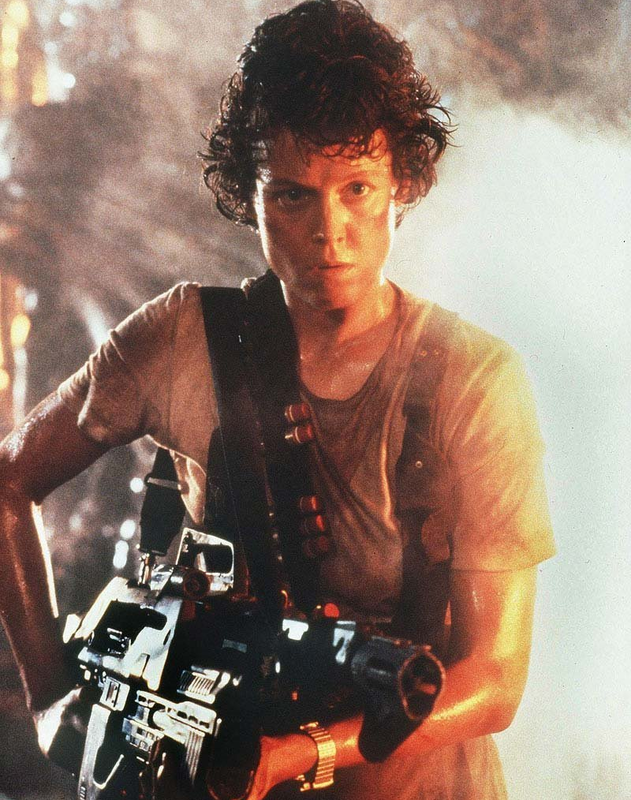
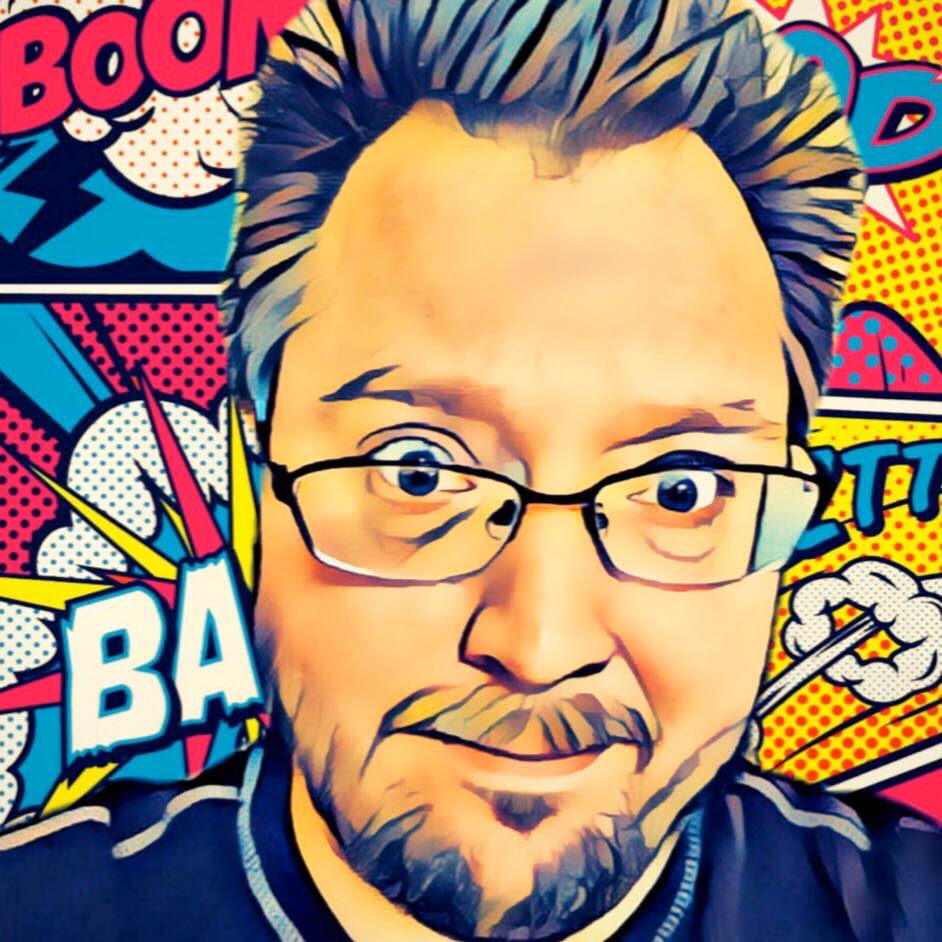
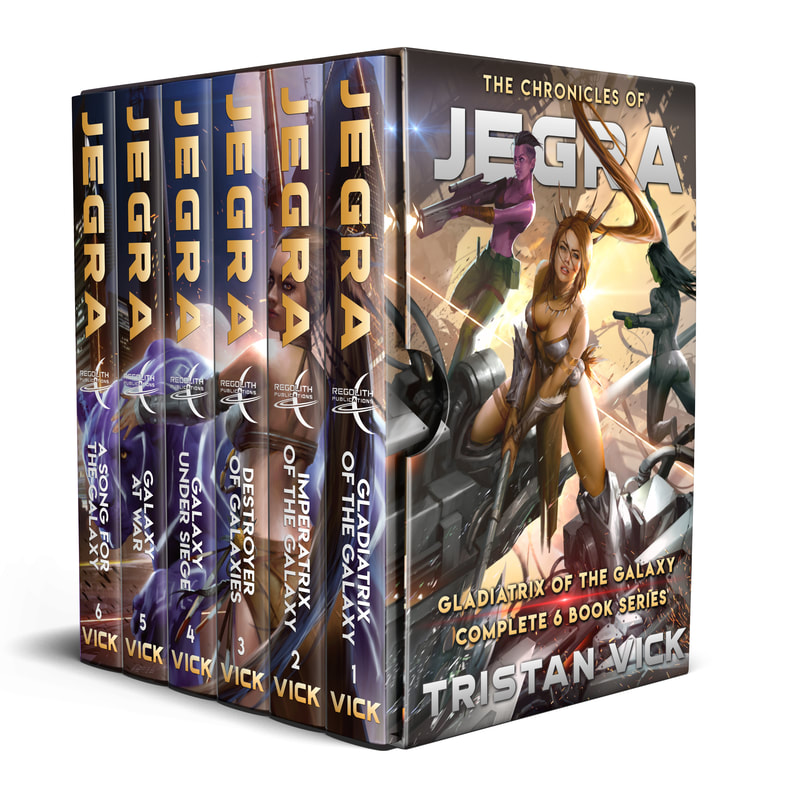
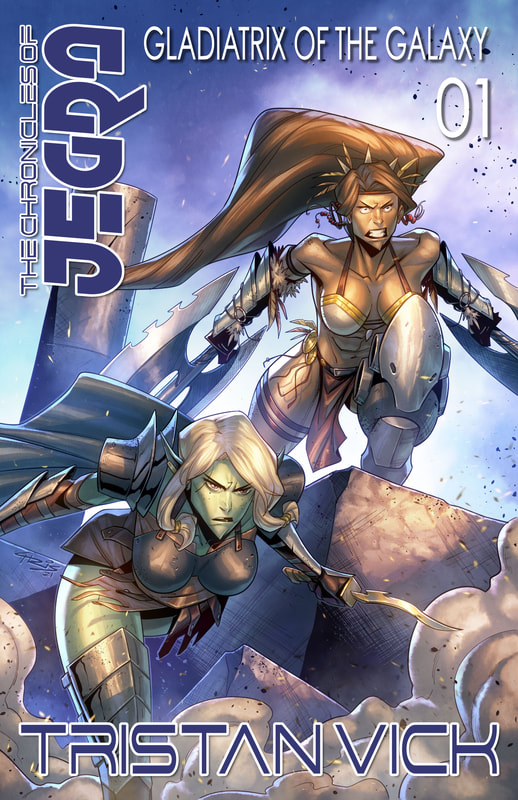
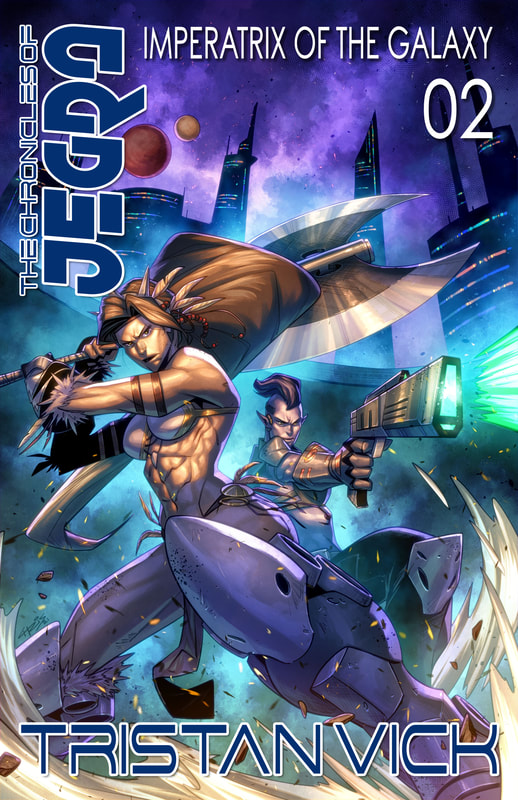
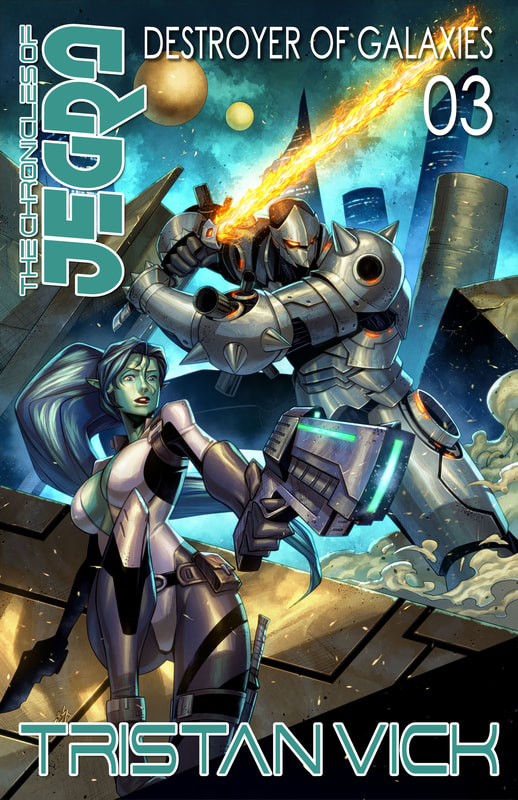
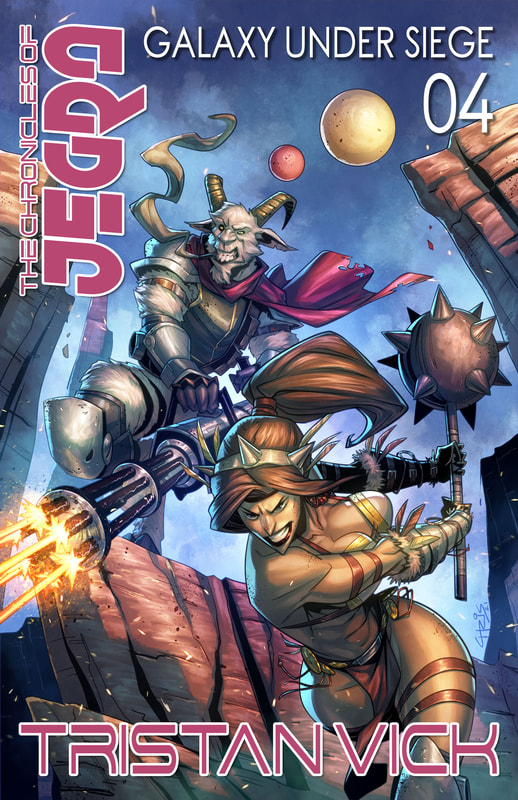
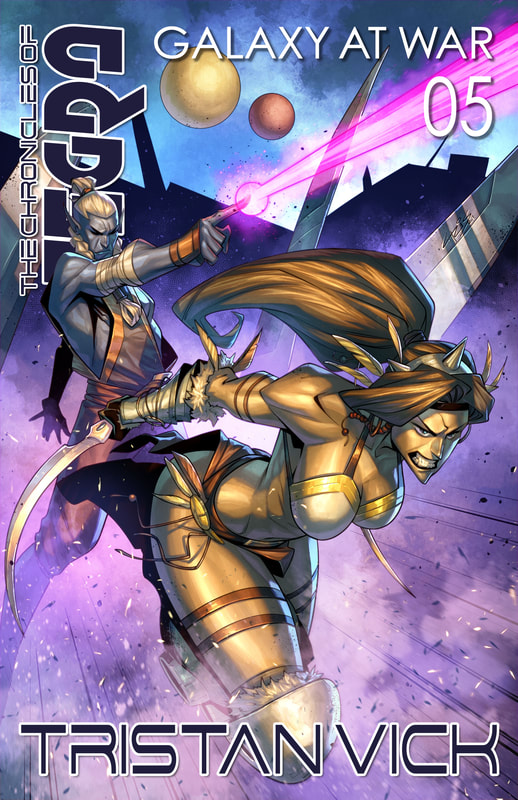
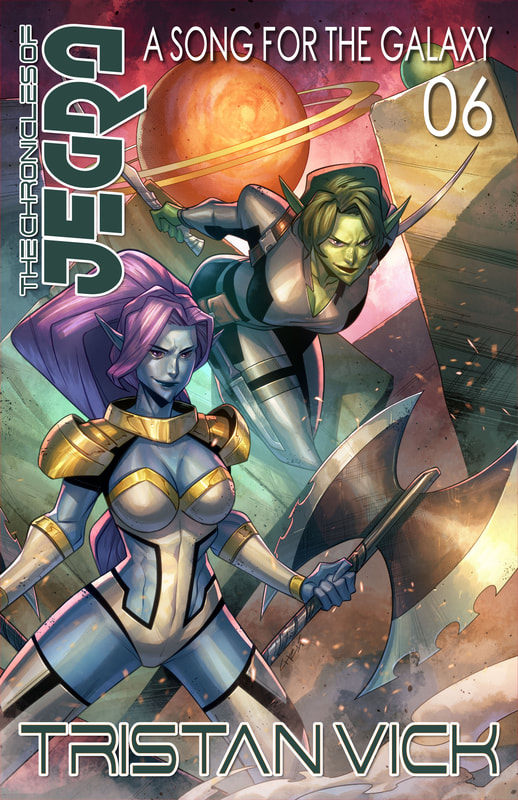
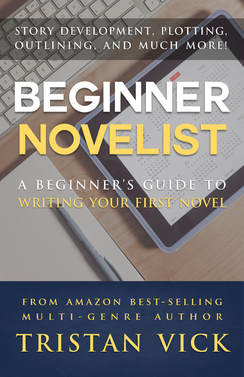
 RSS Feed
RSS Feed
